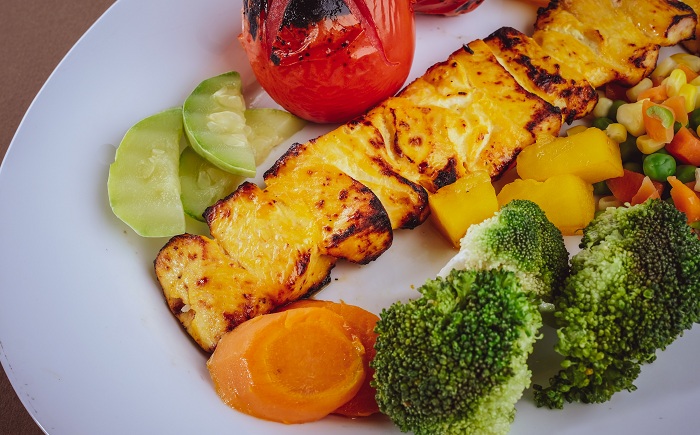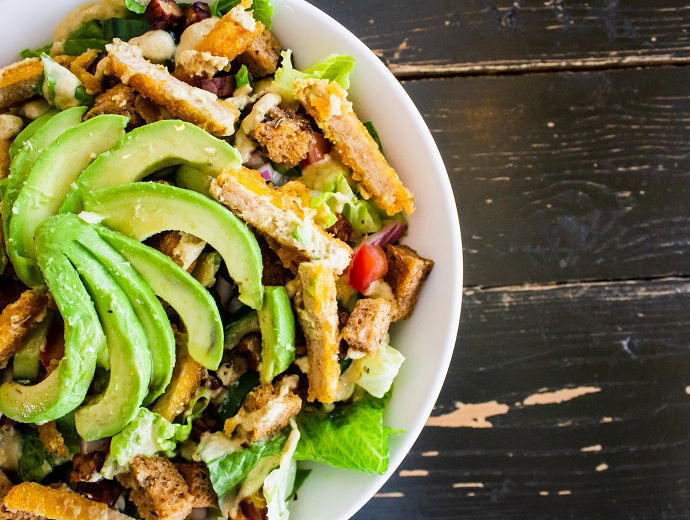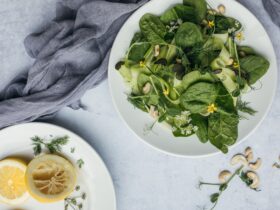Healthy living starts from within. Knowing your body is key while leading a healthy lifestyle. If you deal with diverticulitis, you know how hard it’s to find something to ease the pain.
This medical condition can do a lot of harm to your body, influencing your choices, mood, and lifestyle. Unfortunately, there are no specific diet plans to help you in the long run because what seems to work for a person might not have the same results for you.
Luckily, some foods can ease the symptoms and soothe the pain. Before you try anything new, it’s better to talk with a specialist!
Here is what you need to know.
Foods For Diverticulitis: How to Ease the Pain
In some cases, a doctor may recommend specific dietary changes to make diverticulitis easier to deal with and less likely to get worse over time.
Talking with a specialist is essential to determine if a low fiber diet or a clear liquid diet is best for you. And once you notice a change and start feeling better, you can stick with a low fiber diet until your symptoms are completely gone.

Low Fiber Foods
If you have symptoms of diverticulitis, you can try the following low fiber foods:
- dry, low fiber cereals;
- white rice, white bread, or even white pasta – avoid gluten if you’re intolerant;
- potatoes with no skin;
- processed fruits like canned peaches or applesauce;
- cooked spinach, carrots, asparagus, or beets;
- fruit and vegetable juices;
- olive oil or other oils;
- cooked animal proteins, including eggs, fish, or poultry;
- yellow squash, pumpkin, or zucchini – seeds removed, peeled, and cooked.

Clear Liquid Diet
When you follow a clear liquid diet, that means you deal with severe diverticulitis symptoms. Usually, such a diet is recommended only for a short period of time and it includes:
- water;
- soup broth or stock;
- clear electrolyte drinks;
- tea or coffee without any sweeteners, creams, or flavors;
- gelatin, such as Jell-O;
- ice pops with frozen puree or pieces of finely chopped fruit;
- ice chips.
Other recommendations
Whether you follow a clear liquid diet or not, remember that it’s essential to drink at least 8 cups of fluid daily!
That way, you’ll be hydrated and support your gastrointestinal health.























Leave a Reply